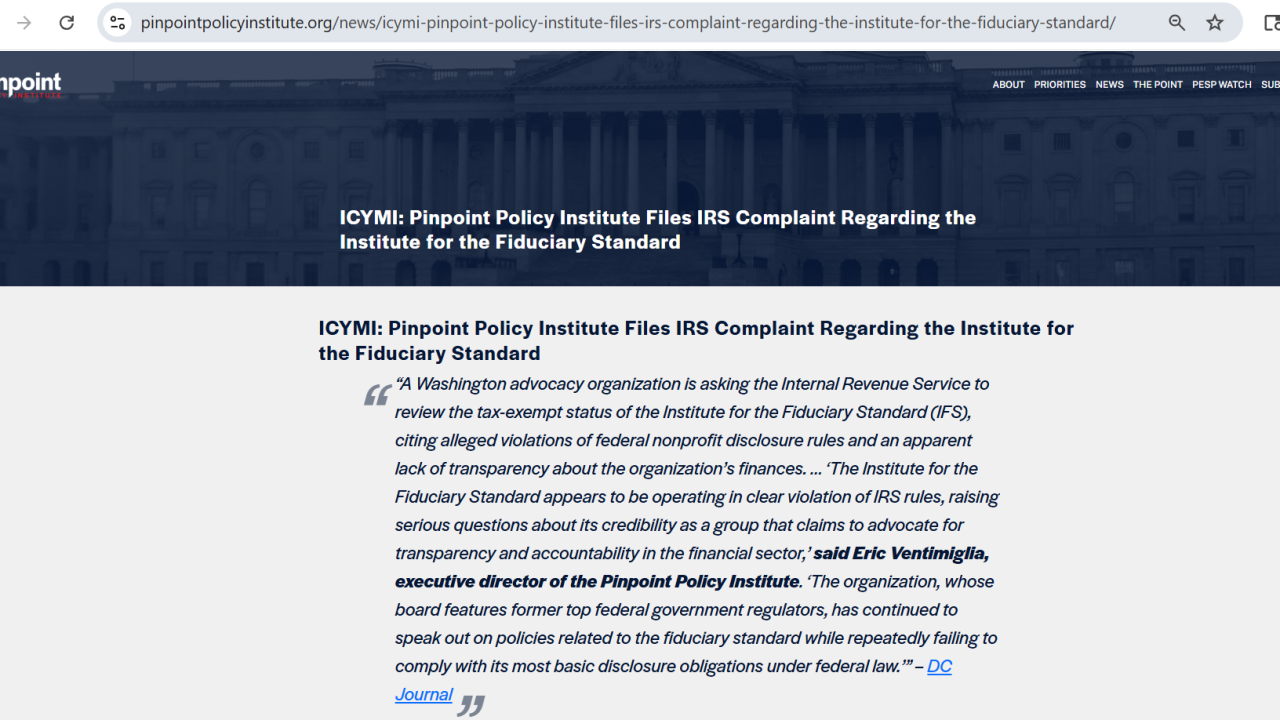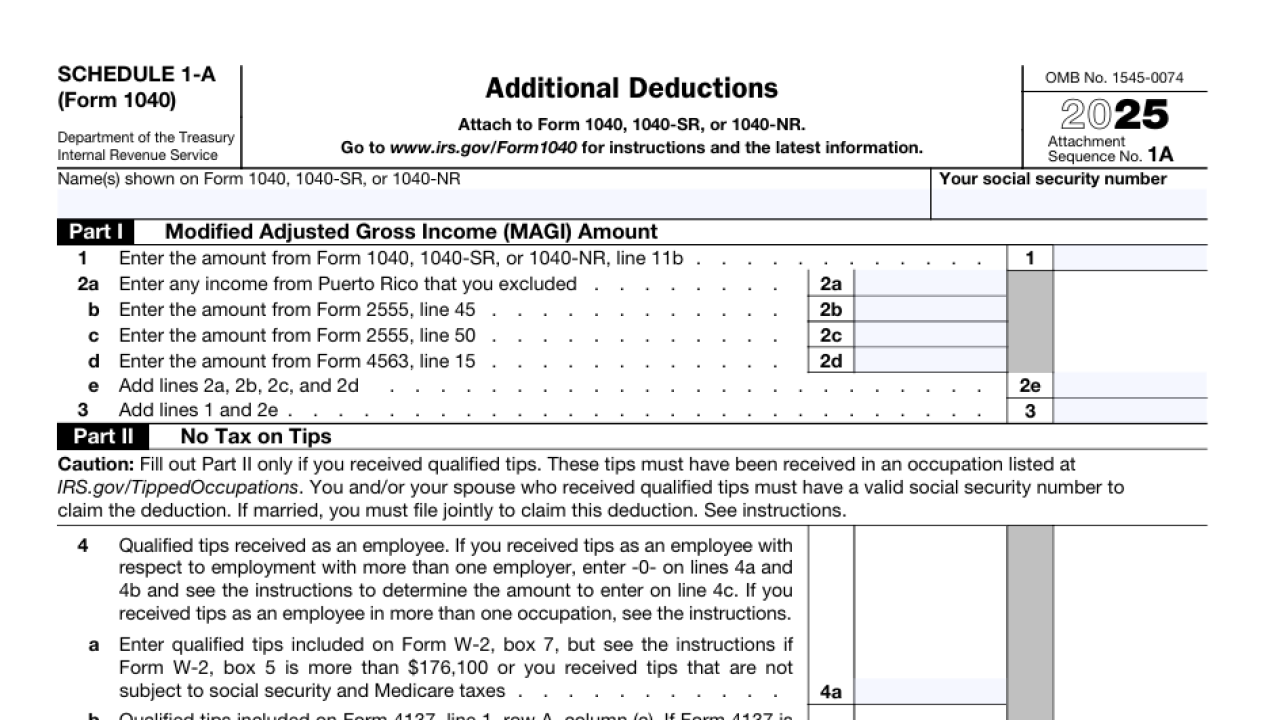There's no doubt the baby boom retirement wave has created a tremendous opportunity for financial advisors. But those with less noble goals also see an opportunity, and they're putting financial advisors squarely in the crosshairs.
According to a recent study by Metlife, elder fraud is now an almost $3 billion per year problem which -- according to Pat Huddleston, a former SEC Enforcement Branch Chief and CEO of Investor's Watchdog -- is being compounded in the aftermath of 2008's economic downturn.
The problem occurs when you combine three factors: First, the well-known fact that we now have almost 10,000 baby boomers turning age 65 each day, creating a huge retirement transition market.
Second, with the decline in asset values over the past few years, many of these boomers feel a desperate need to "catch-up" with their retirement savings.
And third, the highly correlated declines of many traditional asset classes during the crisis of 2008 have created an appetite for alternative products that boast negative correlations and non-traditional investment strategies. Combined, these factors create an environment that's ripe for fraud.
"The problem is that many of these non-traditional investments are unregistered products," says Huddleston. "Unregistered limited partnerships, hedge funds, oil and gas deals, even real estate products are prime areas for scammers to create the illusion of legitimacy."
The scam occurs when the perpetrators put together a network of individuals and sleek marketing materials who then go out and target financial advisors in the same manner as legitimate wholesalers. By gaining the trust of individual advisors who then recommend the investment to their clients, scammers can often devastate entire communities -- and careers -- with a single con.
While most of us would like to believe we're too smart to fall for anything like that, Huddleston points to basic human behaviors that make each of us susceptible. One common mistake is the idea of 'laddered trust' - relying on someone you trust who is in turn relying on someone else. The further away you get from the true source the easier it is to just rely on the hope that those you trust have done their proper due diligence.
A second behavior is that of congruence bias -- attempting to confirm a positive bias as opposed to attempting to disprove a negative bias. "These scammers work in teams," says Huddleston. "If you start with the assumption that these guys are legitimate, it takes very little effort for them to confirm that legitimacy. But if you start from the basis that this could be a scam, then your due diligence will take you in different directions that are likely to uncover the scam.” If after looking under all the rocks you still cannot find evidence of fraud, then you can begin to feel confident the deal is OK.
While Huddleston believes the risk is small among registered products, it's the unregistered products that require extra diligence. So what rocks should you look under?
Huddleston recommends
He also recommends
With clients still wincing from the declines of 2008, faith and trust are sometimes in short supply. While the benefits of alternative investments can't be denied, make sure to do your due diligence to ensure the trust your clients bestow in you continues to be well deserved.
___________
Keith J. Weber, CFP®, CPRC, is a speaker, author and founder of Weber Consulting Group, LLC, a financial advisor training, coaching and practice management consulting firm focused on providing life planning skills to advisors. Through the website Retirement2020.com, Keith provides tools to advisors and clients to help build stronger client relationships. Keith maintains the CFP® designation and is also a Certified Professional Retirement Coach. His latest book, Rethinking Retirement, was released in July, 2010. For more information visit





